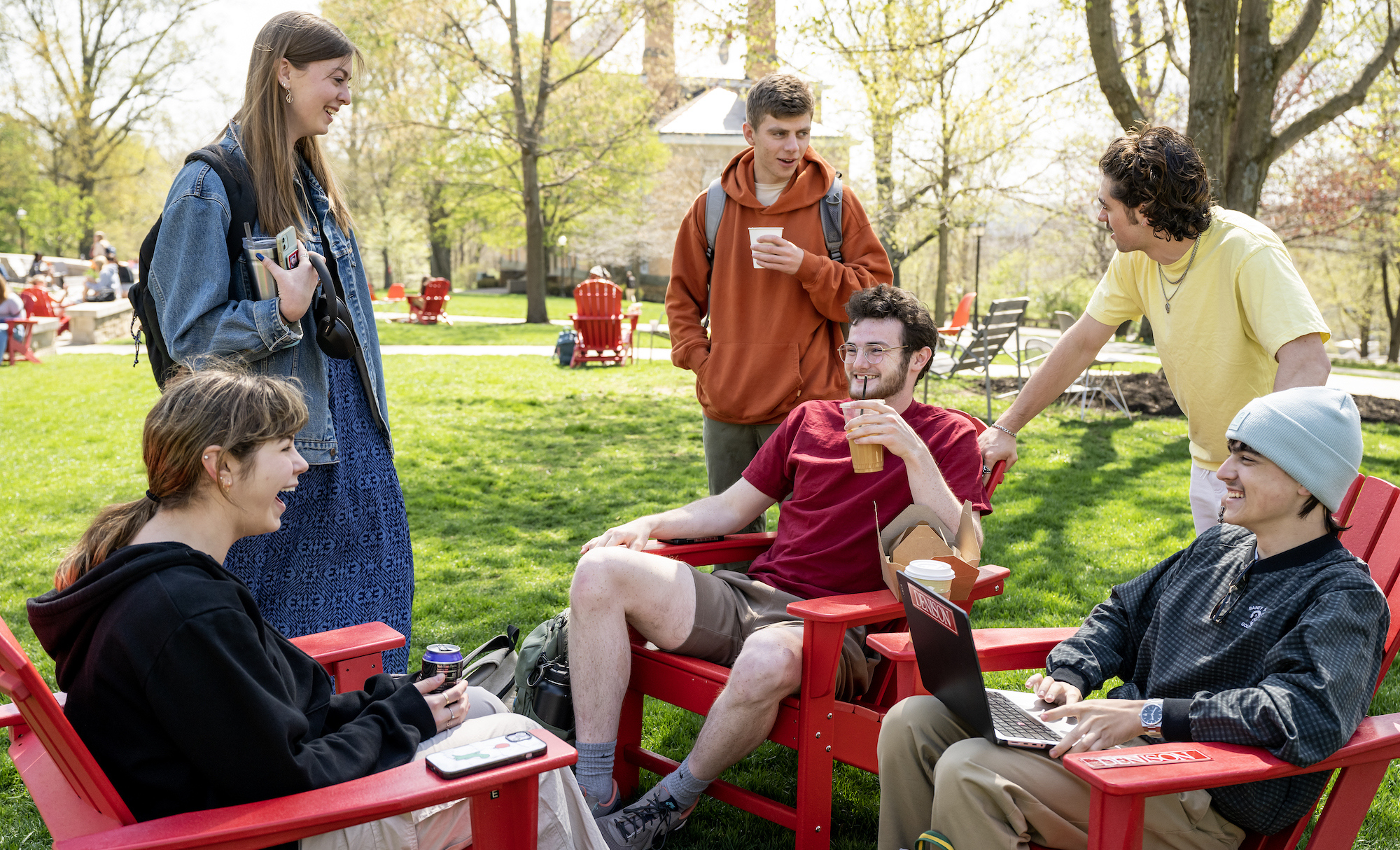Lots of colleges provide a high-quality education. Many accept most of their applicants. All decent high school students will have good college options, regardless of whether they get into their top choice. The few dozen or so schools at the top of the U.S. News and World Report rankings do not have a monopoly on providing a quality education.
So how do parents and students maximize the outcome? Start by asking the right question: How do we find a college where our child will flourish and be ready to launch quickly and successfully when they graduate?
For college to be life-shaping, three things have to happen. First, students need to develop at least one meaningful relationship with a faculty member. Second, they must be engaged in academics and at least one activity such as student government, sports, drama, clubs, or competitions. And third, they need to be surrounded by peers who will bring out the best in them.
Prestige tells very little about the likelihood of these three things happening for any prospective applicant.
Fit is a much better indicator.
How to assess fit? Start by focusing on your child. Have a series of honest conversations about their high school experience. What did they like and dislike? How do they best learn? Are there things they didn’t have a chance to do in high school that they might want to pursue in college? What kinds of people bring out the best in them? What subjects did they enjoy? Where are they in their own personal development? What kind of environment is likely to be the best for them?
Most students and families focus on areas of interest that range from a particular academic program to a sport. Of course, these matter. A student with a particular interest should go to a college where it is possible to pursue it.
But fit also is determined by the following:
- How does the orientation process make it easy for students to hit the ground running?
- How do faculty advising and mentorship happen?
- Can students change majors easily?
- How does the university support students in exploring careers and getting a first job?
- What does campus social life look like?
There are no right or wrong answers, and universities have different approaches — which is good, because students have different needs and interests. But the answers will help determine the fit.

